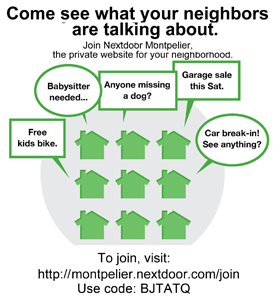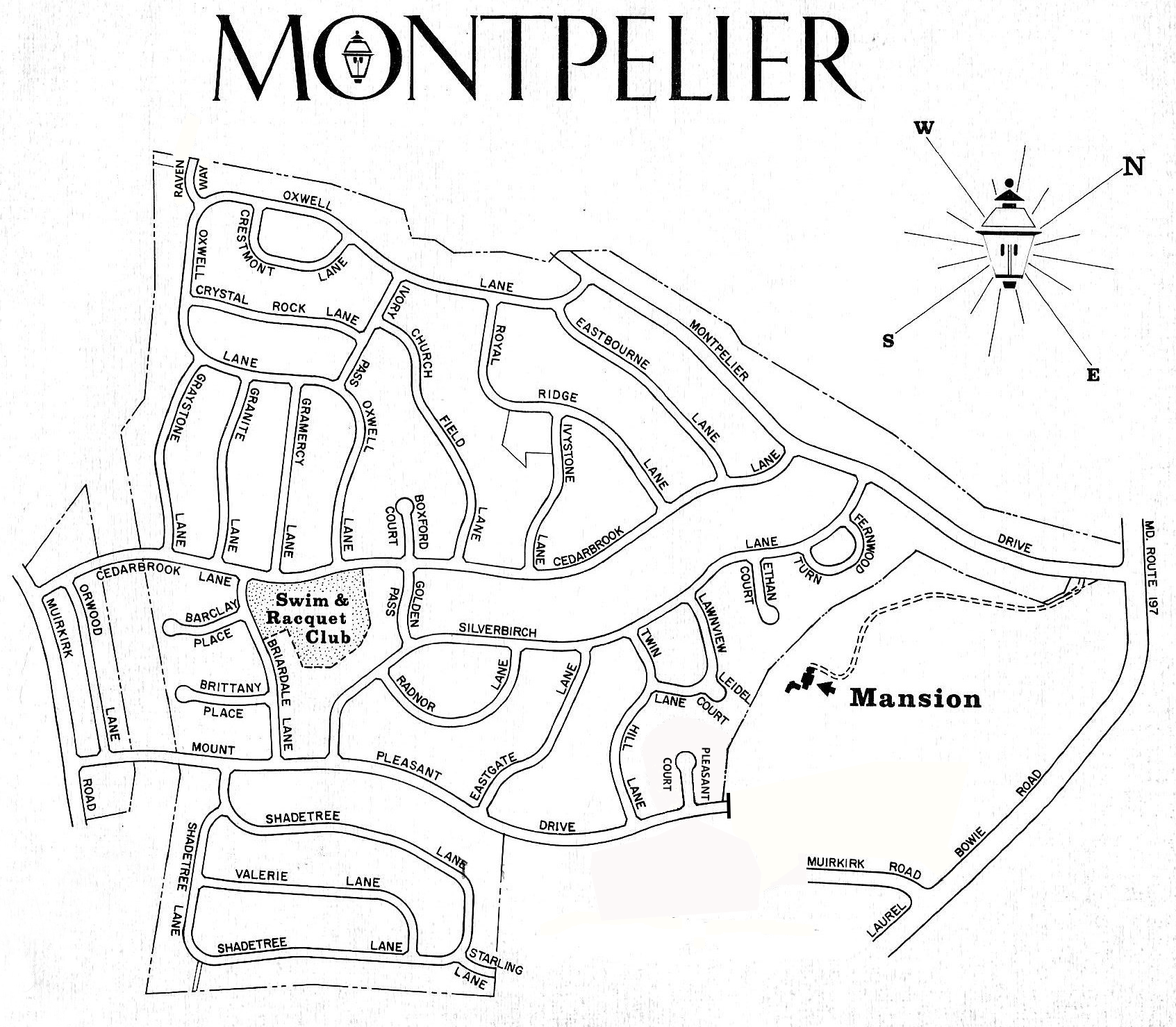Prince George’s County officials encourage residents to prepare for the coming severe weather, including possible heavy rain, thunderstorms, damaging winds, lightning, flooding and possible tornadoes.
Citizens are also reminded that this storm could create the potential for excessive power outages, so please prepare.
Please remember to reach out to your neighbors, especially those who are elderly or may have functional needs. Please make sure they have transportation arrangements for worse case scenarios such as an evacuation.
Important Numbers:
Residents are also reminded to call 911 only in cases of emergency. Residents are encouraged to use 311 to obtain information about public services.
- Pepco: 1-877-737-2662
- Baltimore Gas and Electric (BG&E): 1-877-778-2222 or 1-800-685-0123
- Washington Gas: 1-800-752-7520
- Washington Suburban Sanitary Commission (WSSC): 1-800-828-4002
- Southern Maryland Electric Cooperative (SMECO) 1-877-747-6326
All residents are encouraged to utilize Notify Me Prince George’s to receive updates regarding the weather. Citizens can register by logging into https://notifyme.
Prince George’s County will also keep citizens updated through usage of its Office of Emergency Management Facebook (http://www.facebook.com/
The following tips will help you prepare, before, during and after the storm:
BEFORE A STORM:
- Keep flashlights and battery-powered radios with extra batteries handy, along with a first aid kit.
- Non-perishable food for up to three days, 1-gallon of water per person, per day for at least three days, and a manual can opener.
- Have Preparedness Kits available in your home and vehicle.
- Ensure copies of important documents are stored in a safe place.
- Have some cash on hand.
- Make sure vehicle gas tanks are full.
- Secure or bring inside exterior items that might become windborne.
- Fill prescriptions that might be needed and stock up on any necessary medical supplies.
- Turn the refrigerator and freezer to the coldest setting in anticipation of a power outage. Open the doors only when necessary and close quickly.
DURING A STORM
- Please remain calm and do not call 9-1-1 unless it is an emergency.
- Do not go outside. Flying debris from high winds is a danger.
- Try to stay in an interior room; stay away from windows or soft spots in the home.
- Avoid using candles for lighting due to fire hazards. Use flashlights.
- Never use a candle when fueling equipment such as a kerosene heater or lantern because the candle flame can ignite fumes from the fuel.
- If flooding occurs, turn off electricity at the main breaker.
- During a power outage, turn off major appliances. This will minimize losing power again through a power surge and protect the equipment when the power returns.
- Do not operate charcoal grills, propane camping stoves or generators indoors due to Carbon Monoxide Poisoning.
AFTER A STORM
- Do not touch fallen or low-hanging wires of any kind under any circumstances. Stay away from puddles with wires in or near them. Do not touch trees or other objects in contact with power lines to avoid electrocution.
- Call police or utility companies immediately to report hazards such as downed power lines, broken gas, water mains or overturned gas tanks.
- Avoid areas subject to flooding, including low spots, canals and streams. Do not attempt to drive on a flooded road motorists can be stranded or trapped. The depth of the water and the condition of the road is not always obvious; therefore, do not make assumptions.
- Be very cautious at night as it is harder to recognize flood dangers, downed wires and other hazards.




Please leave a comment:
You must be logged in to post a comment.